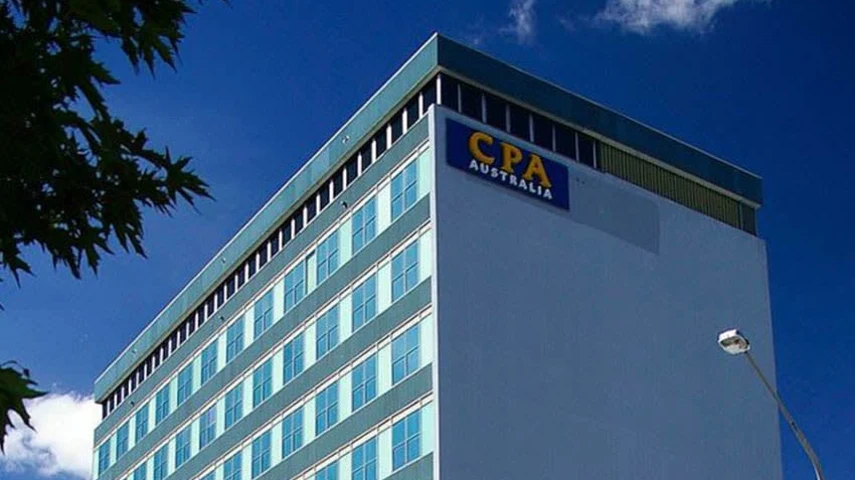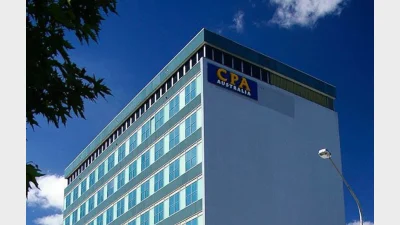Fund modelling continues to favour big super: CPA



Small- to medium-sized funds have become collateral damage in an "imperfect" model for super industry levies, a financial institution has said.
The formula that allows super funds to recover regulatory costs from members is seeing smaller funds continue to pay more than their fair share, said CPA Australia.
Treasury in March announced its annual consultation on the Proposed Financial Institutions Supervisory Levies for 2025–26, with APRA collecting these levies to recover operational costs, in addition to other costs incurred by Commonwealth agencies like Treasury itself and the ATO.
Responding to the discussion paper, CPA Australia is calling on Treasury to reconsider its formula, saying that members of small and medium-sized funds have become collateral damage in an “imperfect model”.
“The Financial Institutions Supervisory Levies are designed to recover costs incurred by the agencies responsible for regulating the super industry, and are therefore a key component to the integrity of the system. However, the current model for recovering these costs is unfair and change is long overdue,” CPA Australia superannuation lead Richard Webb said.
“Despite the total levies for next year falling, members of smaller funds continue to make significantly greater contributions than those of large funds.”
Webb also said that the reduction passed onto the members of small and medium-sized funds is less than the reduction for members of larger funds.
“This is simply rubbing salt into the wounds,” Webb said.
In line with the adjustments made to the supervisory levies this year, a large fund with total assets of $360 billion and 3.42 million members will be charged $10.3 million next financial year. In comparison, a medium-sized fund with total assets of $9.3 billion and 26,063 members would be charged $909,000.
Meanwhile, a small fund with $349 million in assets and 2,239 members would be charged around $34,000.
According to the above example, CPA showed, members of large funds would see an annual charge of $3.01, down from $3.71 in 2024–25. This grows to an annual charge of $34.87 for a member in a medium-sized fund and that is even after this figure being reduced from $39.24 in the prior fiscal year.
For a small fund, the annual charge would be $15.26, down from $17.17.
“This equates to a reduction of 18.9 per cent for large fund members, 11.8 per cent for those with a medium-sized fund, and 11.1 per cent for those with a small fund, based on the previous year’s levies,” CPA said in its discussion paper response.
“According to industry figures, more than 1.5 million Australians hold superannuation accounts with a super fund with less than $20 billion in assets.”
Webb said that members of smaller super funds were already bearing a higher burden of administration costs, stating that it is unfair to further increase this with a disproportionate share of the levies required to fund the regulation of the system.
“We acknowledge that current government policies aim to encourage mergers of super funds to reduce fees for members. However, we believe that there is more work to be done in the meantime to ensure that members of smaller funds do not continue to pay more than their fair share,” he said.
Webb also raised concern around the funding allocation for the Gateway Network Governance Body (GNGB) – which governs the Superannuation Transmission Network (STN). According to him, it was not sufficient to prepare the organisation for the investment that will be required to manage with new payday super requirements.
“The levies attributable to the GNGB [are] forecast to increase by just $100,000,” Webb said.
“However, in addition to an increased focus on cyber threats and data security, the GNGB also oversees the work undertaken by the STN in preparation for Payday Super. This crucial work does not appear to have been factored into this. We would have expected to see around a five-fold increase in this funding.”
Recommended for you
The Gateway Network Governance Body has unveiled a detailed roadmap to guide the superannuation industry through the upcoming Payday Super reforms.
CPA Australia urges the ATO to extend compliance support for small businesses facing major system changes ahead of Payday Super reforms.
Superannuation funds ramp up collective efforts to counter rising cybercrime, updating standards and sharing intelligence across the industry.
The regulator has fined two super funds for misleading sustainability and investment claims, citing ongoing efforts to curb greenwashing across the sector.









